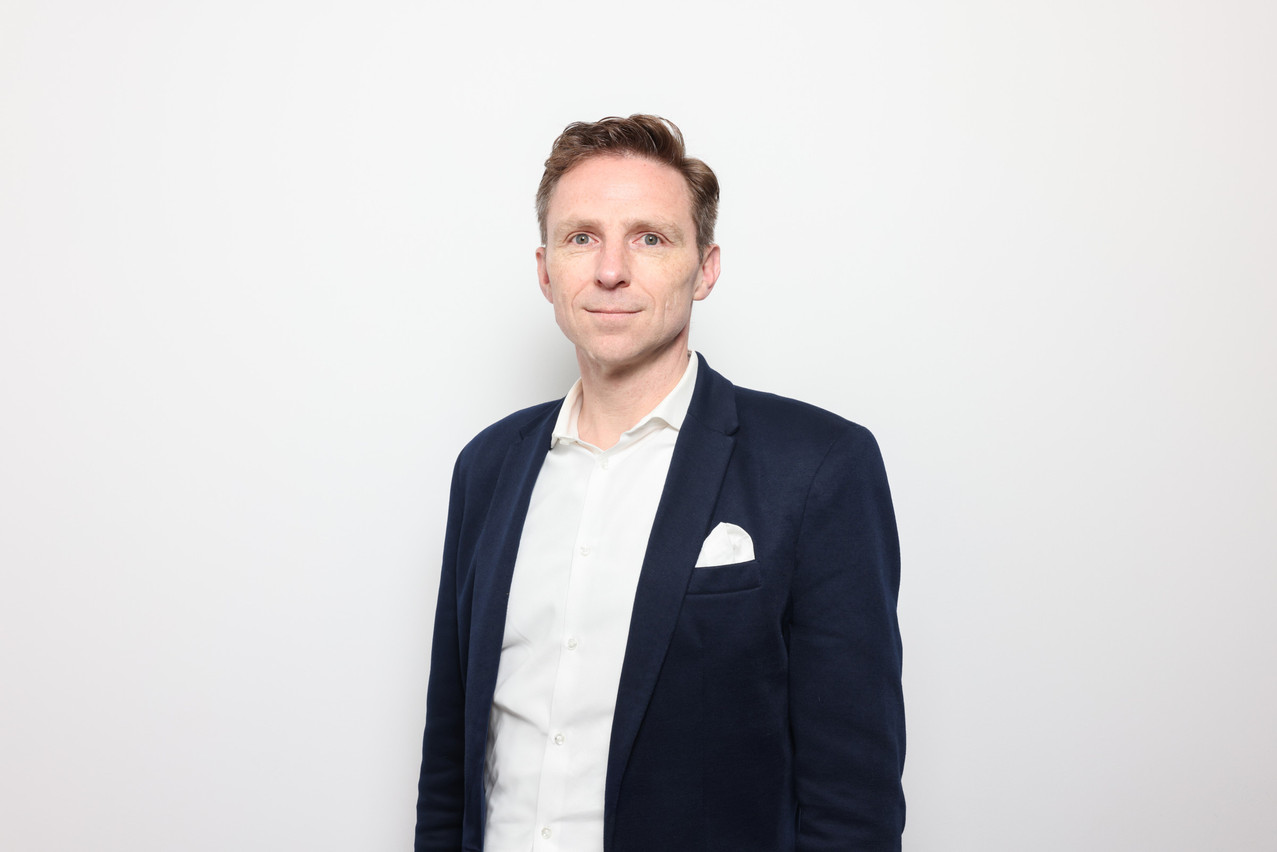When the EIF says that it is going where European investors have not gone before, is AI one of those sectors?
Bjorn Tremmerie: AI is not a good example because everyone is talking about AI nowadays. There are new funds being launched with a single sector focus, whereas the generalists will go where the wind is blowing. There is interest in cleantech, deep tech, which is not looking for better ways to sell shoes on the internet but rather for solutions to cure cancer which is real deep tech.
We need to be present and competitive in large language models. We are almost there. ChatGPT got $10bn from Microsoft, France’s Mistral just raised €500m. The latter is the second most performing large language chatbot, ranked ahead of Anthropic from Google.
The EIF has a view, but it is also dependent on the mission assigned to it by the European Commission and the European Investment Bank. There is a focus on agtech, climate tech, quantum, cybersecurity with an increased attention to defence. If you want peace, prepare for war.
Read also
Elsewhere, the Ariane programme used to have a market share of 70%. It is now 20%. We cannot rely on the Russians anymore. It is politically sensitive with China whereas the Americans need to use SpaceX. It is an issue when Porsche or BMW are in need of a navigation systems. It means that you must ask Musk, the owner of Tesla, their competitor.
There are opportunities in the commercialisation of research, such as patent royalties, where we need to improve. The same is true in later-stage commercialisation as the future European champions are financed by non-Europeans. We create the car, and we give the keys to others. At one point we will be left without a car on our continent.
We need to create a system of large funds--one billion or more--providing the financing rounds of €100m or more to support the next Spotify that may be valued at €20bn. Governance is important to ensure autonomy as the sale by small European funds results into the loss of seats on boards of directors and the capacity to build local ecosystems.
Read also
UIPath from Romania, [a robotic processing automation company], immediately flipped to the US after the second financing round and then moved on for an IPO at around $30bn to $40bn. In Romania, now everyone wants to become an entrepreneur.
Before listing a company, an American fund with [several] new seats on the board may decide to incorporate the firm in Delaware. Without any Europeans on the board, the same firm looking for a new software may then decide to buy a solution in Silicon Valley instead of Europe.
Governance is key. Spotify may be listed on the New York stock exchange, but the firm is still a Swedish AB, a European firm. The listing does not give the keys to Americans.
What about European expertise?
We always had good talents, with good scientists, entrepreneurs thanks to the best research centres and universities in the world. Sequoia on its website wrote that the highest concentration of AI engineers per capita is in Europe. 30% more in Europe than in the US. Three times more than in China.
However, scientists have never been taught that they could also launch their business.
What has been the greatest success and disappointment at the EIF?
UIPath was a phenomenal financial achievement on several measures. The Skype success was life changing for the EIF, the people involved, the backers and the ecosystem. The EIF has also contributed to the success of the life science sector. Novo Nordisk is more valuable than Tesla but admittedly lower than Eli Lilly. Yet 50% of the world’s top 10 are European: Astrazeneca, Roche, Novartis and Sanofi. These successes contributed to new biotech successes such as Argenx, a startup from Belgium now valued at around €20bn.
If you don’t shoot at the goal, you’ll never score a goal
10% of what the EIF does result into a loss of between 70% and 100% of the capital invested. The first wave of cleantech in 2006-2007 was a total failure. If you don’t shoot at the goal, you’ll never score a goal.
The greatest disappointment, though, is the difficulty to convince European institutional investors to jump into the VC business.
.

